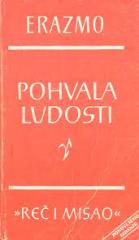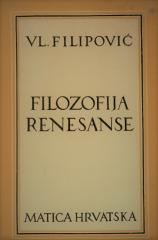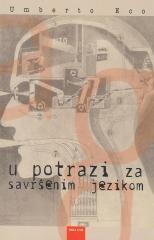
Pohvala ludosti
In "Praise of Folly", Erasmus observes all the nonsense of his time under a magnifying glass, criticizing the ancient authors themselves. Illustrations by Hans Holbein the younger taken from the Basel edition of 1676. Foreword by Veljko Korać.
The thread of a living ancient spirit runs through the work, partly through irony if Madness itself speaks, partly through completely serious considerations of theological and moral issues where the author seems to forget about Madness and speaks in his own language, like Erasmus. These two approaches are interwoven in the work, although the humorous tone of Madness is mostly dominant. Erasmus' irony is still close to us today because it is easily translatable to the reality of the modern world. It is possible to recognize the problems of human nature under the deposits of time, which actually remained the same even though the change in form created the appearance of a developed and emancipated society. In any case, we are amazed by Erasmus' openness and erudition, which gives this openness legitimacy, credibility based on a deep immersion in humanism. Erasmus is aware of the fact that people are neither able to follow nor avoid ethical imperatives, and that is why his sympathy is still on the side of human tragicomism. Among all the serious excursions into Erasmus' folly, the very end of the work should be singled out, in which the author speaks in Neoplatonic language about true happiness, the immortality of the spirit and the highest Good as the meaning of human life.
No copies available
The last copy was sold recently.




